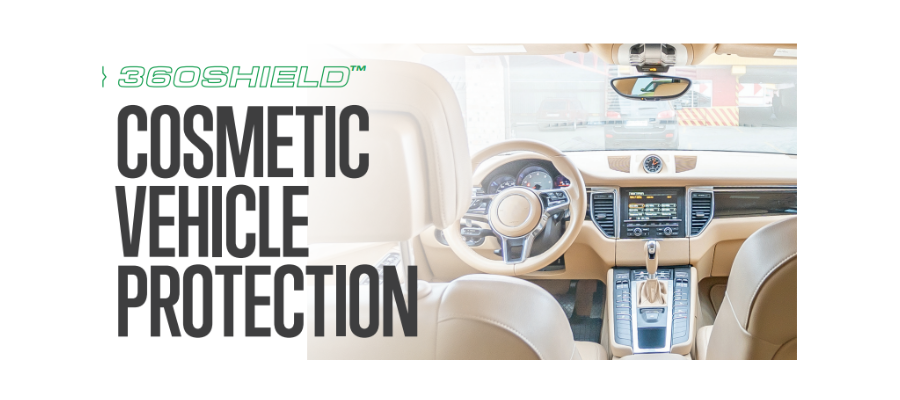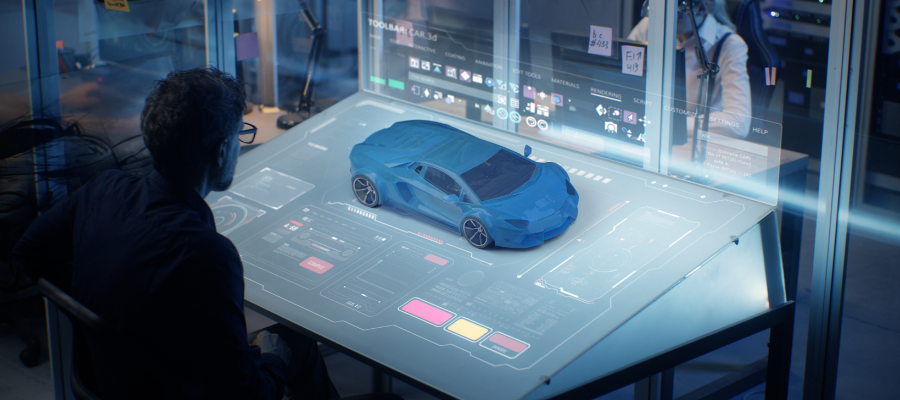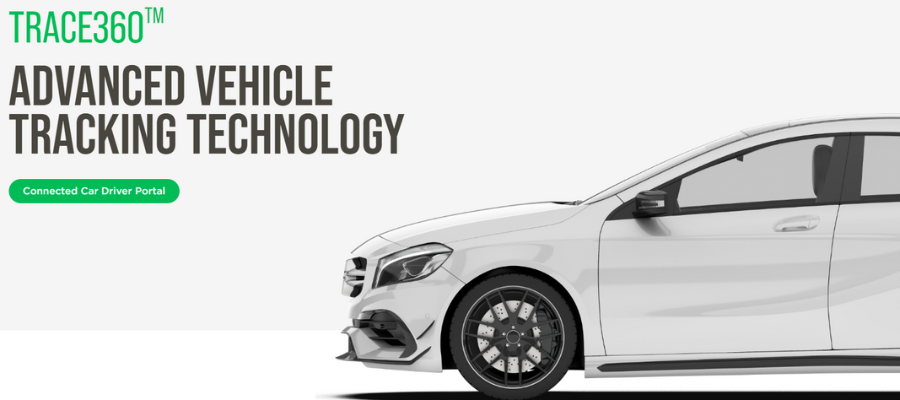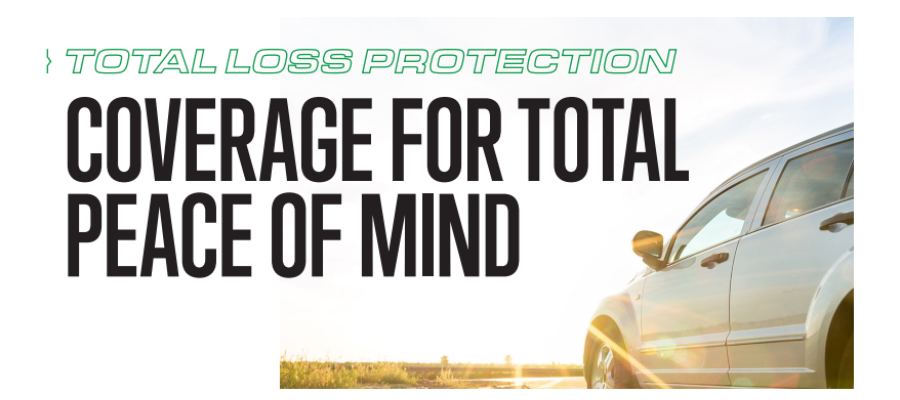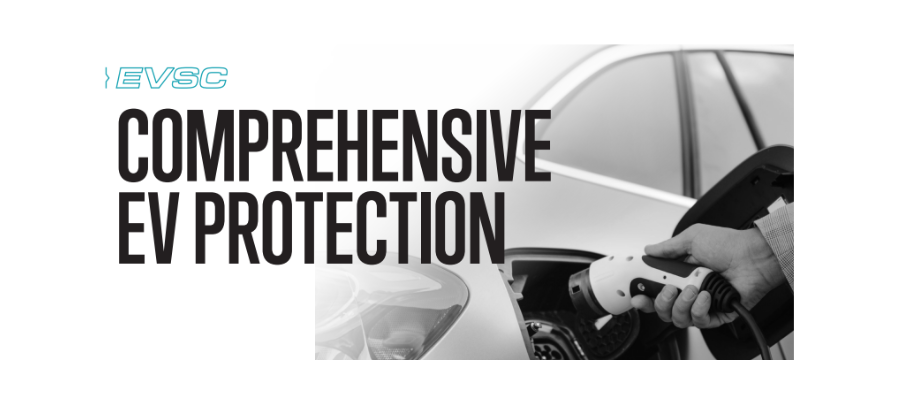When purchasing a vehicle, one of the important decisions you may face is whether to invest in a vehicle service contract. Often confused with a warranty, a vehicle service contract can offer extended protection and peace of mind for your automotive investment. But what exactly is a vehicle service contract, and how does it differ from a warranty? In this blog post, we’ll explore the essentials of a vehicle service contract, including what it covers, how it works, and whether it’s worth considering for your vehicle.
What is a Vehicle Service Contract?
A vehicle service contract, sometimes referred to as an extended warranty or vehicle protection plan, is a contract between you and a provider that offers to cover certain repair and maintenance costs beyond the original manufacturer’s warranty. Unlike a warranty, which is included with the purchase of the vehicle and typically covers defects in materials or workmanship, a vehicle service contract is an optional, paid agreement designed to provide additional protection.
Key Features of DOWC Vehicle Service Contracts
- Coverage Details
- Vehicle Protection: Covers repair costs for specific mechanical components that may fail due to normal wear and tear. This often includes the engine, transmission, and other critical systems.
- Hi-Tech Coverage: Includes coverage for electrical parts and systems, such as the audio system, entertainment technology, and various sensors.
- Roadside Assistance: Many contracts include additional services such as towing, lockout assistance, and battery jump-starts.
- Types of Coverage Powered by DOWC
- Vehicle Service Contract: Typically covers the major components of the engine, transmission, and drivetrain. This is the most common form of coverage and is often the most customizable.
- Extended Care: Offers additional protection for almost all vehicle components, such as tire damage, brake pad replacement, and dent repairs not covered by a manufacturer’s warranty.
- TechShieldTM: A unique, high-value vehicle service contract that covers the technological components of your vehicle. It provides additional protection for high-tech systems that are not covered by a manufacturer’s warranty.
- Duration and Mileage
- Contract Length: Service contracts can vary in duration, ranging from a few years to the life of the vehicle. They can be purchased for specific time periods or mileage limits, whichever comes first.
- Transferability: Some service contracts are transferable to new owners if you sell your vehicle, potentially increasing its resale value.
How A DOWC Vehicle Service Contract Works
- Purchasing a Contract
- Availability: Vehicle service contracts can be purchased through dealerships, third-party providers, or directly from DOWC. It’s important to compare different plans and providers to find the best coverage and terms for your needs.
- Cost: The cost of a service contract varies based on the level of coverage, the vehicle’s make and model, and the contract’s duration. It can be paid in a lump sum or through monthly installments.
- Using the Coverage
- Claims Process: If a covered component fails, you can file a claim with the service contract provider. They will typically require you to have the repairs done at an authorized repair facility.
- Deductibles: Most service contracts require you to pay a deductible for each repair or service. The deductible amount can vary depending on the plan and provider.
- Exclusions and Limitations
- Pre-existing Conditions: Issues that existed before purchasing the service contract are usually not covered.
- Special Conditions: Some contracts may exclude certain types of repairs or components, so it’s important to read the fine print.
Comparing Vehicle Service Contracts to Manufacturer Warranties
- Manufacturer Warranties
- Coverage: Typically covers defects in materials and workmanship for a set period or mileage. It may include a basic warranty, powertrain warranty, and corrosion warranty.
- Cost: Included with the purchase of the vehicle. There’s no additional cost for the basic manufacturer warranty.
- Vehicle Service Contracts
- Coverage: Offers extended protection beyond the manufacturer’s warranty, often covering additional components and offering more comprehensive protection.
- Cost: Requires an additional investment. The cost varies based on the coverage level and provider.
Is a DOWC Vehicle Service Contract Worth It?
- Benefits
- Peace of Mind: Provides added security against unexpected repair costs, especially for older vehicles or those outside of the manufacturer’s warranty period.
- Financial Protection: Helps manage repair costs, potentially saving money on expensive repairs.
- Considerations
- Cost vs. Benefit: Evaluate the cost of the contract against the potential repair costs and the reliability of your vehicle.
- Coverage Needs: Determine if the coverage aligns with your vehicle’s condition and your personal needs.
A vehicle service contract offers extended protection beyond the manufacturer’s warranty, covering specific repair and maintenance costs. It can provide valuable peace of mind and financial protection, particularly for older vehicles or those out of warranty. However, it’s important to carefully compare different contracts, understand what is covered and excluded, and consider the cost versus potential benefits.
By assessing your vehicle’s needs, researching providers, and reading the fine print, you can make an informed decision about whether a vehicle service contract is a worthwhile investment for you. With the right coverage, you can enjoy greater confidence and security in your vehicle’s performance and reliability.





